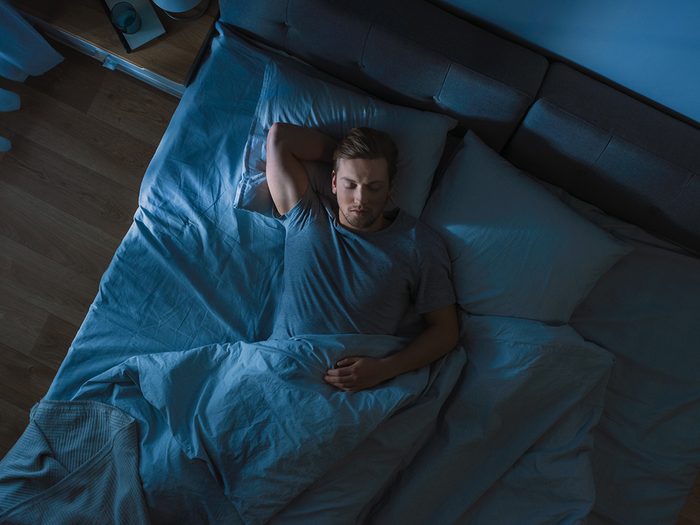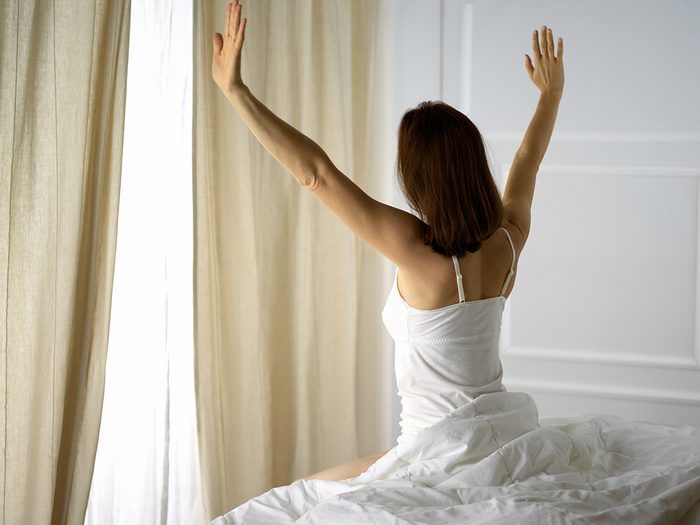
How Much Sleep Do You Need, Anyway?
Adequate sleep plays a critical role in the body’s immune system, metabolism and other functions. But according to a report released by Statistics Canada, 40 per cent of men and 48 per cent of women say they don’t find their sleep refreshing, to the extent that a full third have trouble staying awake during the daytime.
Which begs the question, how much sleep do you need? “That’s the most common question I get from patients as well as the general public,” says Dr. Rachel Morehouse, medical director of the Atlantic Sleep Centre in Saint John, New Brunswick. “I always tell them it’s extremely individual.”
The National Sleep Foundation in Washington, D.C., recommends that adults between 26 and 64 years of age should be getting seven to nine hours, while adults 65 and older may require seven to eight hours. But there are other factors to take into account, such as genetics. “If you grew up in a family that needed nine hours a night, chances are you’re a long sleeper, too,” says Morehouse.

Who Requires the Most Rest?
Your environment, lifestyle and health also play a role. If you’re, say, training for an athletic event, in the first trimester of pregnancy or recovering from the flu, your sleep needs will be higher.
This sleep hygiene checklist could help you achieve the deep, restful sleep of your dreams.

The Negative Effects of Sleeplessness
The ideal amount is whatever it takes for you to feel rested in the morning. If you are getting insufficient shut-eye, you might have trouble concentrating and making decisions, and you may experience short-term memory problems.
Explore the possible medical reasons you’re tired all the time.

How to Get the Sleep You Need
To get a sense of your personal rest requirements, put your alarm clock away in a drawer for a few weeks, perhaps when you’re on vacation, and let yourself sleep until you wake up naturally in the morning. Avoid stimulants in the evening, such as caffeine and bright light, and stick to a regular nighttime routine. Keep a diary or use wearable technology to track how long you slumber; after those first few weeks, you should know how much rest you truly need. Now you’re ready to set your new bedtime accordingly—possibly earlier or later than your partner’s, if your needs differ—and rise refreshed in the morning.
Now that you know how much sleep you need, discover 12 secrets to a good night’s sleep.